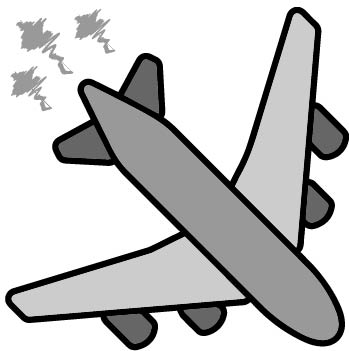The Future of Study Abroad Programs

Elizabeth Kaiser graphic
According to National Association of Foreign Student Advisers: Association of International Educators, in the 2017-2018 academic year, 332,727 U.S. students studied abroad for credit.
However, since March 2020, COVID-19 has had a large effect on how American students study abroad. With traveling and health restrictions in place, the future of Platteville’s education abroad offerings may look slightly different.
With the possibility of programs going virtual or adopting a hybrid route, students may change their decisions to participate.
All four types of programs (short term faculty-led, exchange, UW-Platteville sponsored and affiliate) do not have programs running now.
To get a better look at UW-Platteville’s plan to handle studying abroad, Caitlyn Chiaverotti, Interim Education Abroad Specialist for UW-Platteville, has provided insight.
Chiaverotti explained that Platteville did have programs in session in March and brought students back as needed. Some students were able to complete programs through online classes and some were able to withdraw and receive refunds.
UW-Plattevile’s summer and fall 2020 programs were canceled. Students were able to defer to another time or receive a refund.
At this time most programs are completely online, which is similar to what many UW-Platteville classes are looking like this semester.
“A lot of our affiliate partners are really working to offer more virtual options because we don’t know what the situation with COVID will entail… right at the moment, we are accepting applications for this coming spring,” Chiaverotti said.
While the spring semester is not guaranteed to happen, if all goes well the summer 2021 and fall 2021 programs will more than likely occur.
“I wouldn’t be interested in alternative ways of delivery for study abroad,” UW-Platteville freshman Frankie DeLisle said.
While alternative delivery may be the safest option, it could turn several students away from the opportunity, as a large part of the appeal to study abroad is the cultural experience that students get to experience.
While things look different from the past, the overall experience could still be worth the wait for things to return to normal or participate virtually.
“It was an amazing experience! I gained cultural knowledge about Greek history, language, customs, food, religion, geography etc.” explained Emma Eaton, a University of Missouri junior who studied abroad in Greece for three weeks.
Nevertheless, experiences will now look different than it was before March. When asked if COVID-19 would change her decision or recommendation to study abroad Eaton had a clear answer.
“I would definitely still recommend studying abroad… experiences like studying abroad are once-in-a-lifetime, and I am a huge believer in taking advantage of any opportunity that comes my way!” Eaton said.
While opportunities and experiences with studying abroad may not go back to normal within the next couple of weeks or months, being informed about the university’s plan may help shape a decision to study abroad.
Just like most things that have been impacted by COVID-19, the plans to study abroad safely are constantly changing with new restrictions.
Information about signing up to study abroad can be found on university’s website.



